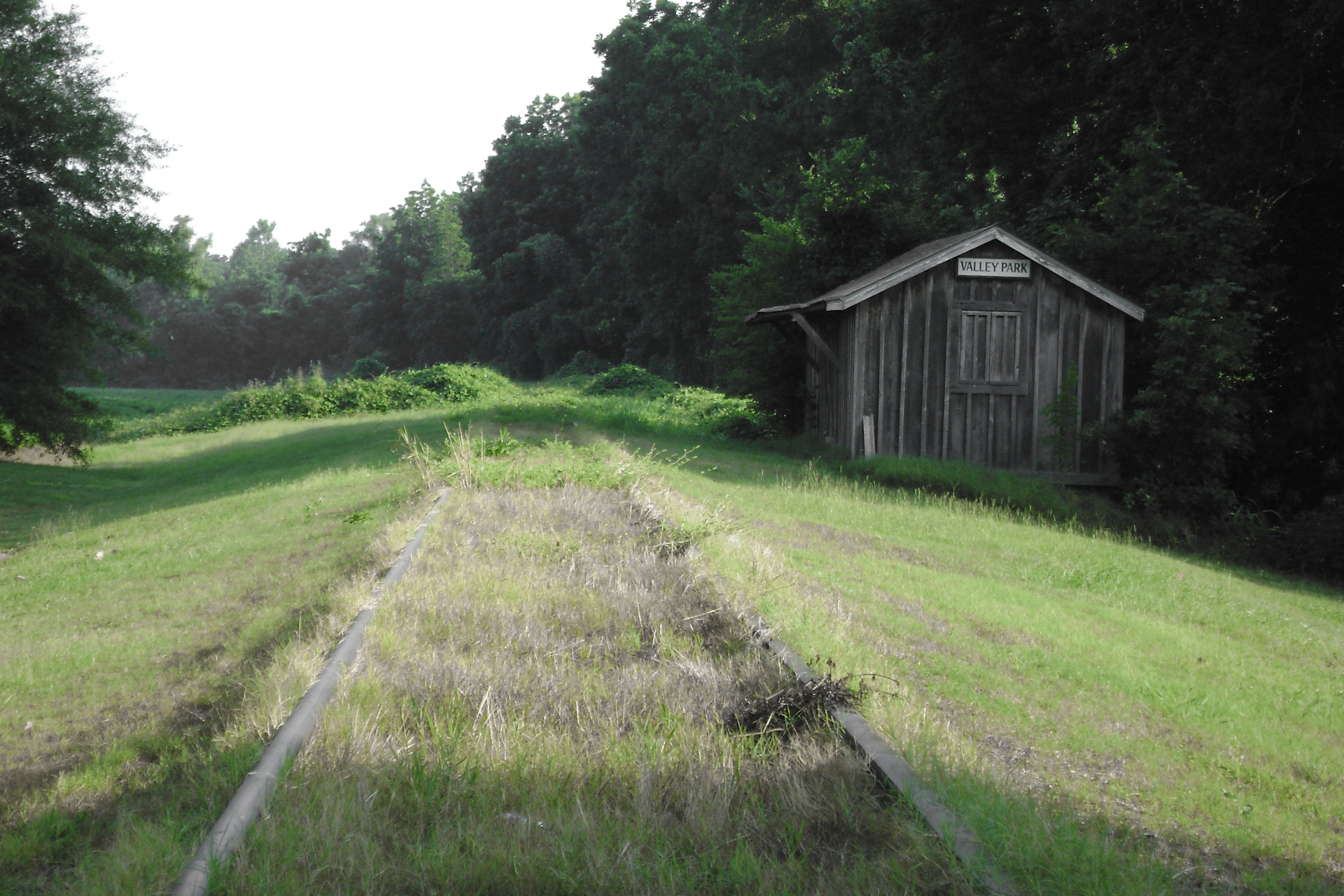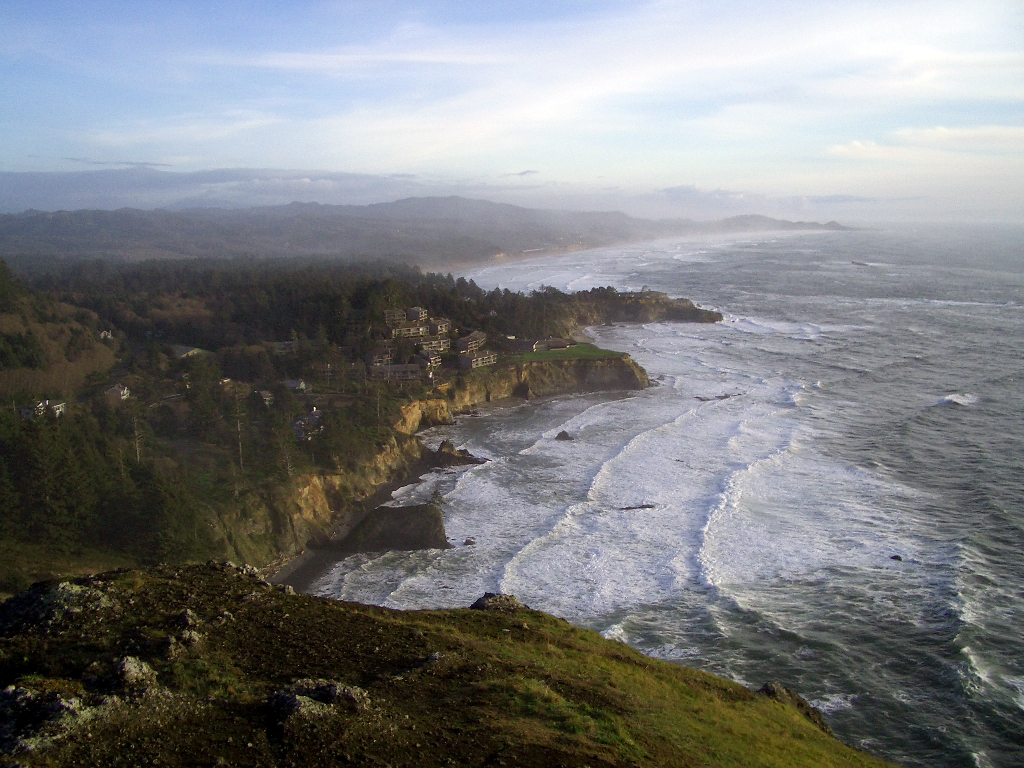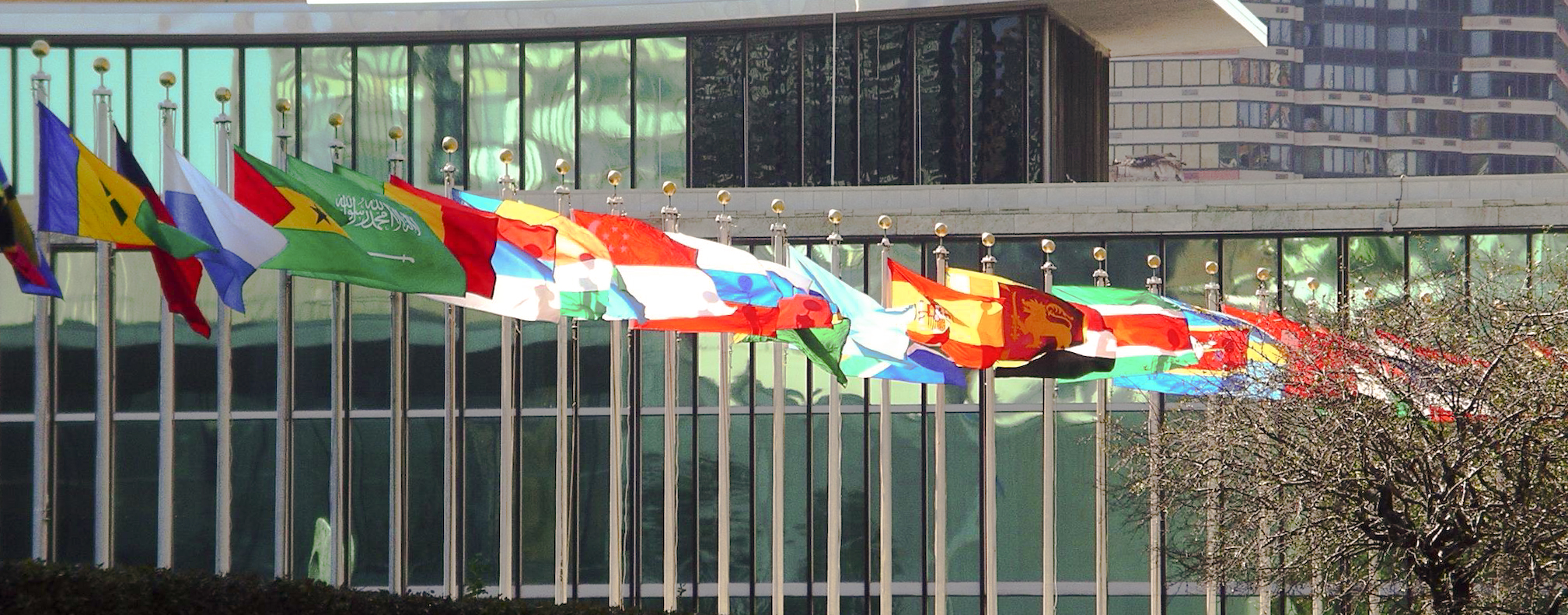This week’s post, A Primer on Rails-to-Trails Conversions in the Eastern U.S., was written by Garrett M. Gee. Garrett is a Staff Member of the William & Mary Environmental Law and Policy Review. Read the post here.
-
-
By Garrett M. Gee, J.D. Candidate, William & Mary Law School, 2016; Staff Member, William & Mary Environmental Law and Policy Review Abstract: This article explains the process to convert a rail line to a recreational trail under the Rails-to-Trails Act and addresses some legal issues that often arise from such conversions. This post is part of the Environmental Law Review Syndicate. The Rails-to-Trails Act (“Trails Act”) provides localities and nonprofits with a useful tool for transforming dormant rail rights-of-way (“ROWs”) into recreational trails. 16 USC § 1247(d).[1] The Act streamlines the legal complexity of trail conversion by providing a…
-
This week’s post, Ethical Convergence and the Endangered Species Act, was written by Caitlin Troyer Busch, J.D. Candidate at Stanford Law School. Read the post here.
-
Caitlin Troyer Busch, Stanford Law School, J.D. Candidate 2017 This post is part of the Environmental Law Review Syndicate. Read the original here and leave a comment. Introduction The Endangered Species Act (ESA) is both lauded and criticized as one of the most powerful environmental laws ever enacted. Proponents of the law praise it for protecting thousands of endangered species over the last forty years, while detractors argue it is a bureaucratic mess that no longer benefits humans, but instead overburdens private landowners and development and values species’ needs above human needs. These claims reflect the disparate values underlying…
-
This week’s post, Adapting the Paris Agreement, was written by Bonnie Smith at Vermont Law School. Bonnie is currently a Staff Editor for Vermont Journal of Environmental Law. Read the post here.
-
By Bonnie Smith, Staff Editor, Vermont Journal of Environmental Law This post is part of the Environmental Law Review Syndicate. Read the original here and leave a comment. Introduction For the first time in the history of international climate negotiations, adaptation has its own article in a legal text. Even more striking is that loss and damage, historically treated as a component of adaptation, does too. For many years, negotiations concerning adaptation and loss and damage have been contentious between developed countries, which prioritize mitigation over adaptation and loss and damage, and developing countries uniquely vulnerable to the impacts…
-
This week’s post, It Is Time For Oregon To Define Its Public Trust Duties, was written by Olivier Jamin, a 2L at Lewis & Clark Law School. Olivier is currently the Online Journal Editor for Environmental Law. Read the post here!
-
By Olivier Jamin, a 2L at Lewis & Clark Law School, where he is the Online Journal Editor for Environmental Law. This post is part of the Environmental Law Review Syndicate. Read the original here and leave a comment. I. Introduction The public trust doctrine (PTD) is a concept under which states have the duty to preserve certain natural and cultural resources for the benefit of the public.[1] The PTD is a common law doctrine, and state courts around the country have spent the last three decades applying — and in some cases rejecting — it to a variety of natural…
-
This week’s post, Towards a Middle Path: Loss & Damage in the 2015 Paris Agreement, was written by our own Maryam Al-Dabbagh! Maryam is currently a Graduate Editor on the NYU Environmental Law Journal. Read the post here!
-
Maryam Al-Dabbagh* This post is part of the Environmental Law Review Syndicate. Click the link above or scroll through to leave a comment. Introduction In the lead-up to the Paris talks, the issue of loss and damage (L&D) was portrayed to be one of the biggest hurdles in the quest for an agreement. L&D had already suffered multiple drawbacks in previous talks, such as the mass walkout by G-77 countries at COP19 in Warsaw in protest of the response by developed countries to their demands for L&D.[1] Surprisingly, no similar issues occurred in Paris; instead, the agreement articulated a middle…




